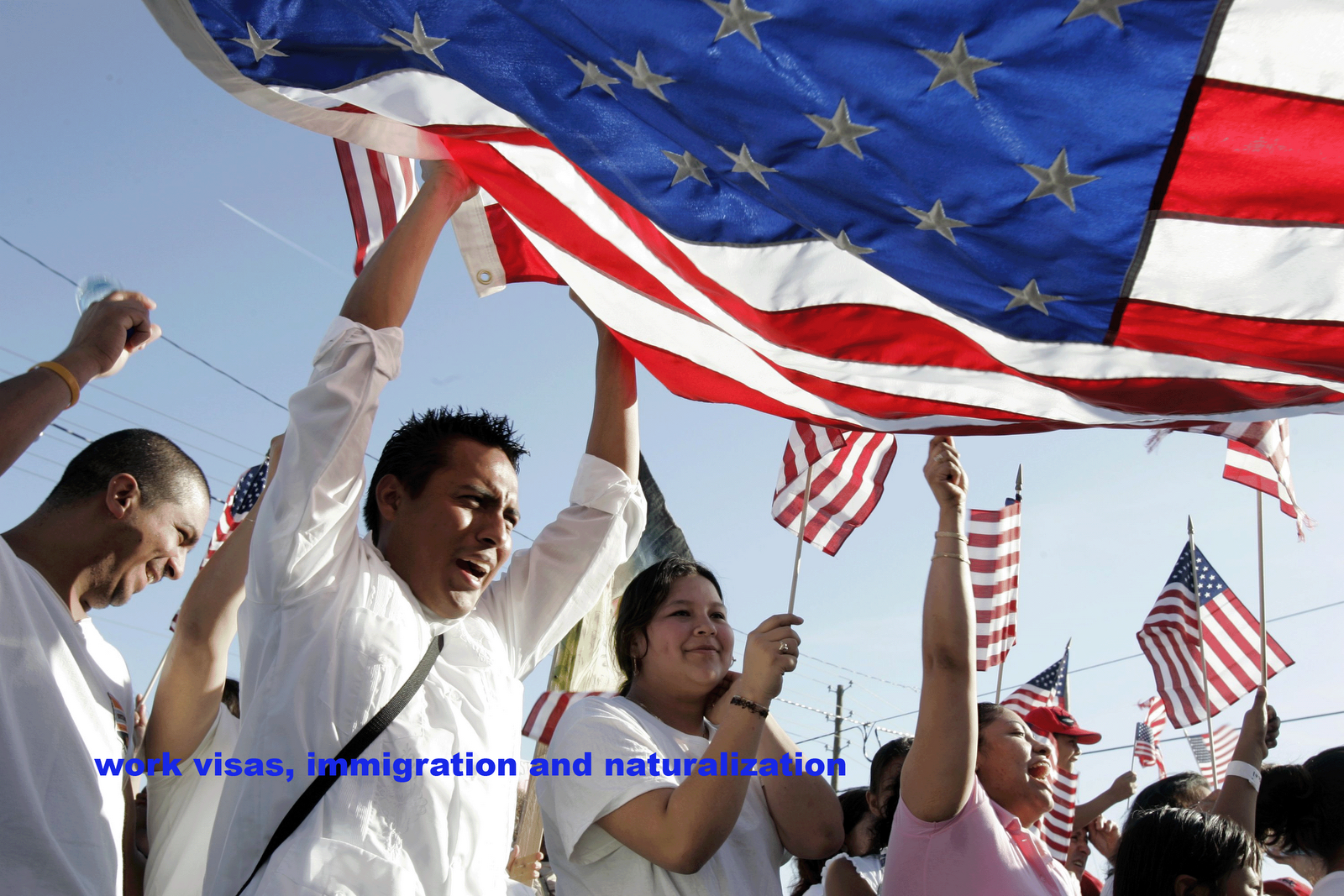Most liberals and conservatives agree that our immigration system is seriously broken. With over 12 million undocumented immigrants living in the U.S., the failure of the current system is apparent. Some lay the blame on undocumented immigrants (or “illegals”) themselves. To the “anti-illegals” crowd, the problem is a lack of border security. They believe that immigrants enter the country illegally simply because they can.
This view illustrates what civil rights activist Lani Guinier calls “blaming the canary in the coal mine.” Back in the day, coal miners brought canaries with them into mines to detect poisonous gas. If the canary croaked, the miners knew to get out ASAP. The situation of undocumented immigrants and other marginalized groups is analogous to the canary in the coalmine. When we see these groups gasping for air, the solution is not to blame the canary, it is to recognize the poisonous environment we all share and act to change it.
Many immigrants lack lawful immigrant status not because it is easy to break our laws but because it is too hard to get legal status under the current system. As Senator McCain wrote in a 2005 editorial, “part of the failure of the existing system is its inability to provide sufficient legal channels to pair willing workers with willing employers.” Another big problem is the gigantic backlog for family-based immigration petitions. For example, according to the US State Dept.’s April 2010 Visa Bulletin, it takes over five years for a legal Mexican immigrant to get a visa for their child or spouse, and up to four years for a legal immigrant from China or India.
For many, the American dream remains elusive because our immigration system is broken. But, although reform is needed, pushing for legislative reform isn’t the only way we can help our local immigrant communities. The most important thing we can do is help change lives, and no change is greater than the opportunity to apply for citizenship.
Benefits of US citizenship include the ability to sponsor relatives and family members so they can immigrate to the US, the freedom to live and work permanently in the US, as well as the fact that a citizen cannot be deported or denied entry into the US. While there are an estimated 12 million undocumented in the US, according to the US Census Bureau there are also 12.6 million immigrants in the US with legal permanent resident status, and one half of them may now be eligible for citizenship.
On April 17, the American Immigration Lawyers Association (AILA) will sponsor “Citizenship Day 2010,” a single-day workshop providing assistance to immigrants eligible to become US citizens. This year, AILA will be hosting a citizenship workshop at Hofstra’s Law School. My fellow law students and I who are organizing the workshop are now looking for Hofstra students who are bilingual to assist us on April 17. The workshop also will be open to all Hofstra students and their family members. Legal assistance will be provided for free.
If you or your family member is a legal permanent resident considering becoming a citizen, or if you are otherwise interested in this nationwide effort to bring more people the benefits and blessings of American Citizenship, please contact me at JLESCH2@pride.hofstra.edu for more information.
Source:hofstrachronicle.com/


No comments:
Post a Comment